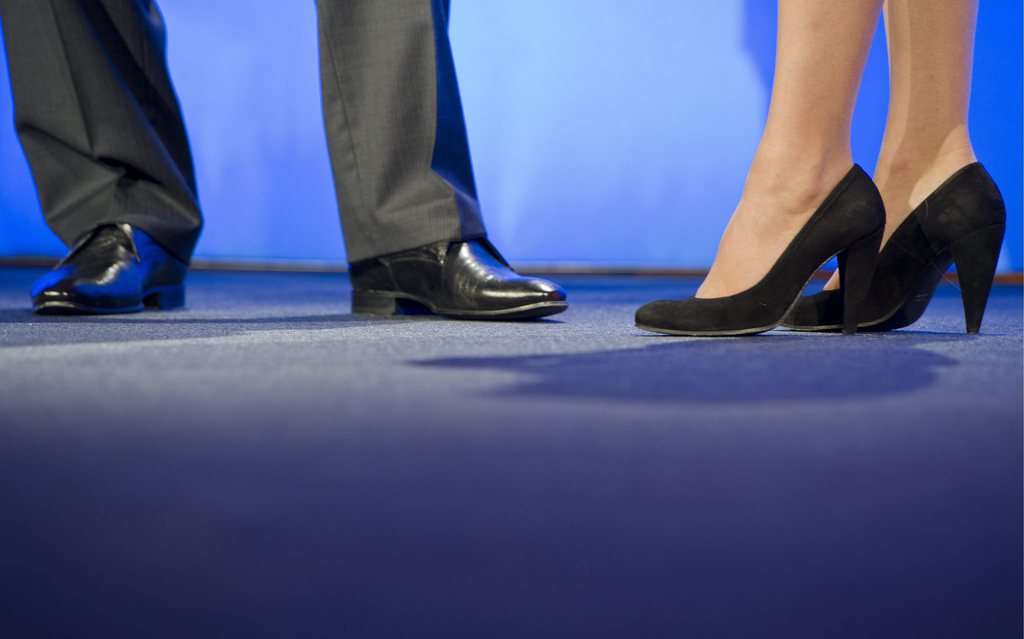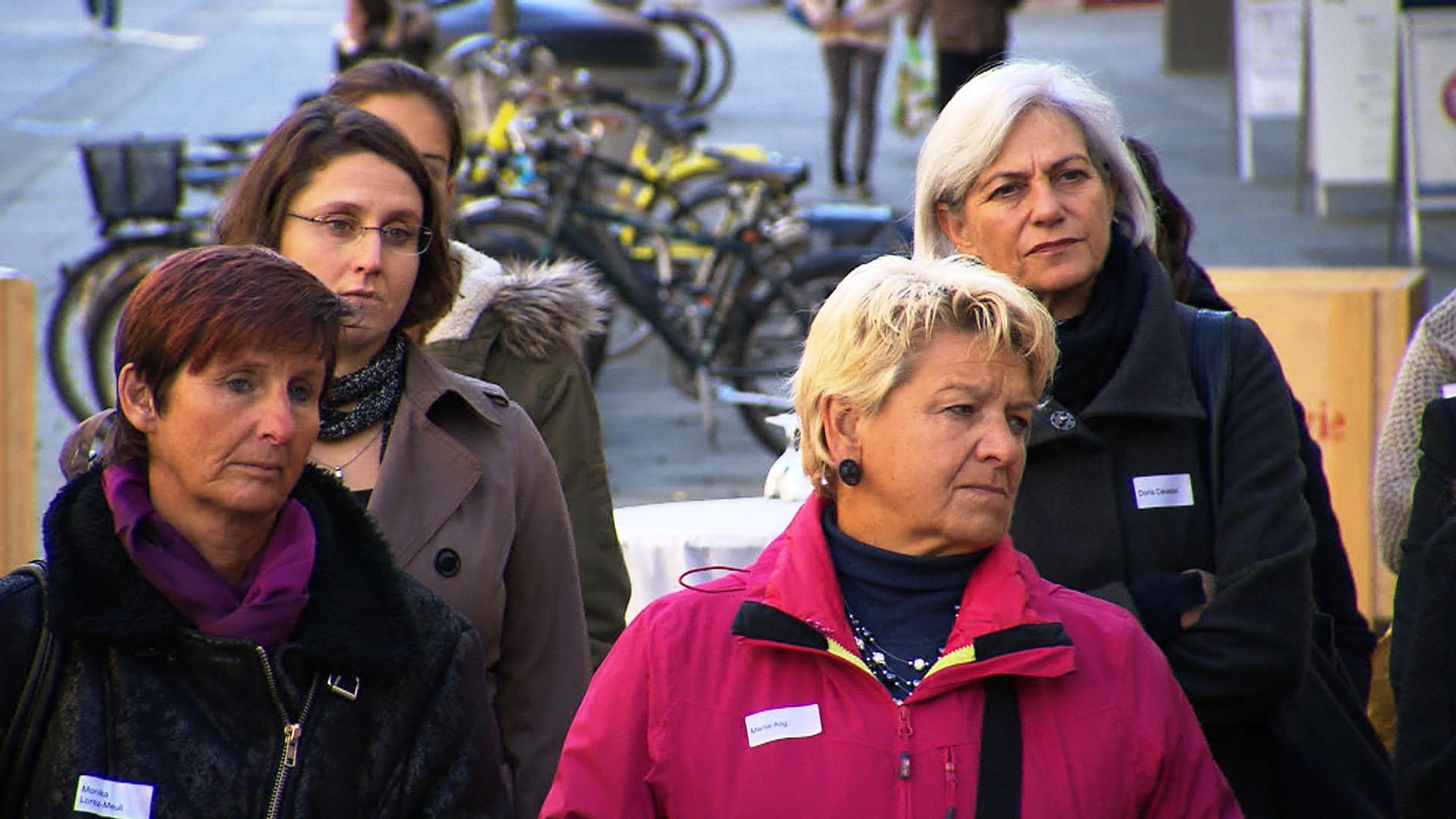Pay gap narrows only slightly for women

A new report finds the employment gender gap has closed by less than 1% over the past two decades, despite some modest gains in some parts of the world. Barriers to women’s employment include the high cost of childcare, which is especially pricey in Switzerland.
The report on data for up to 178 countries compiled by the International Labour Organisation (ILO) “shows the enormous challenges women continue to face in finding and keeping decent jobs,” said Guy Ryder, the Geneva-based agency’s director.
There has been significant progress made by women in education since 1995 but that hasn’t translated into comparable improvements in their position at work, according to the ILO report issued on Monday.
As the first specialised agency of the United Nations in 1946, the ILO monitors global trends in the workplace and unemployment. It found the gender gap closed by just 0.6 percentage points since 1995, with an employment-to-population ratio of 46% for women and nearly 72% for men in 2015.
Women work longer hours
For both paid and unpaid work in wealthier nations, women work an average of 8 hours and 9 minutes a day; for men it is 7 hours and 36 minutes a day. Women also do at least two and a half times more unpaid household and care work than men.
The figures rise for developing economies, where women on average spend 9 hours and 20 minutes in paid and unpaid work compared with men who spend 8 hours and 7 minutes in such work.
More than a third of all working men (35.5%) and more than a quarter of all working women (25.7%) put in more than 48 hours per week, according to a survey of more than 100 countries.
Child care
In developed countries, women spend an average of 4 hours and 20 minutes on unpaid care work per day; men, by comparison, spend 2 hours and 16 minutes. In developing countries, women spend 4 hours and 30 minutes per day on unpaid care work; men spend 1 hour and 20 minutes on it.
Switzerland has the highest childcare-related fees in the world, which come to about two-thirds of the average wage, according to the ILO report, but those are significantly offset by childcare benefits, rebates and tax reductions.
As a result, the net childcare costs for the typical dual-earner Swiss family (with full-time earnings of 150% of the average wage) falls to about 25% of the average wage, the report finds. But these still remain among the highest such costs in the world, exceeded only by the United Kingdom, Ireland, New Zealand, the United States and Canada.

In compliance with the JTI standards
More: SWI swissinfo.ch certified by the Journalism Trust Initiative



You can find an overview of ongoing debates with our journalists here. Please join us!
If you want to start a conversation about a topic raised in this article or want to report factual errors, email us at english@swissinfo.ch.